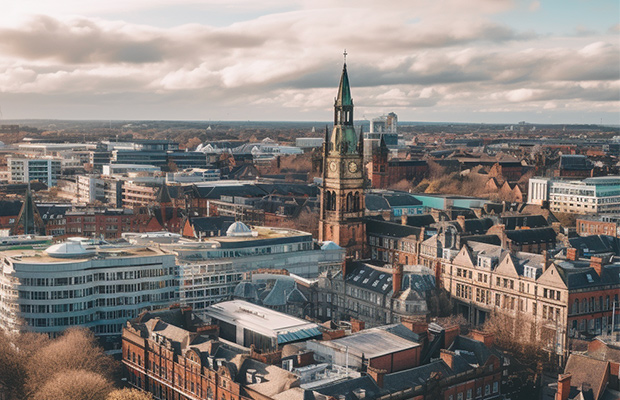Role Characteristics
- Examine, listen and talk to people to diagnose their medical conditions
- Monitor and provide general care to people
- Promote good health
- Write reports and prepare paperwork
- Work with other health and care professions as part of a team, either in the same department or within other specialties
- Supervise and train junior medical staff
Skills
- Active listening
- Advice giving
- Attention to detail
- Team work
- Decision-making
- Working under pressure
Day in the life
Hear from Dr Jonathan Berrick, alumnus of the University of Leeds, who shares his experience of medical school and beyond.
Routes into this role
Here are some example routes that can lead into this role.
- GCSEs
- A-Levels
- Undergraduate degree
- Postgraduate degree
How to become
To become a Doctor, you will first need to complete a degree in Medicine.
You will need a minimum of 8 GCSEs including English, maths, biology, and chemistry. You will need 3 high grade A-Levels including chemistry and biology. You will usually need to attend medical school and earn a degree in Medicine which takes 5 years.
You may want to volunteer or complete work experience prior to submitting an application for medical school, to help you gain an understanding of the medical profession.
After medical school, you will need to complete a 2 year foundation programme. During this time you will be paid a salary and you will move around different medical specialities. In your second year, you will be asked to make a choice about which speciality you would like to specialise in.
Specialist training can take between 5 and 8 years depending on the speciality.
It is important to check your preferred course provider's entry requirements for guidance.
To practice as a Doctor, you must be registered with the General Medical Council (GMC).
Where can this role lead
No matter what role you start in or where you are in your career path, there are always opportunities to develop and progress in health and care.
As part of your medical training, you will have the opportunity to try out different specialties and then choose the one you would like as your final speciality.
You can choose from a range of specialties including general practice, mental health, surgery, children and public health.
Location
-
Community Settings
-
Hospitals
-
Peoples Homes
-
Prisons
-
Armed Forces
-
Care Homes
-
GP Practices
Working hours
-
Weekdays
-
Weekends
-
Nights
-
Part Time
-
Full Time
-
Casual Hours
-
Overtime
-
Flexible Hours
Leeds Opportunities


Undergraduate Degree courses in Medicine
- Organisation
- University of Leeds
Volunteering in Health and Care
- Organisation
- Volunteering Opportunities